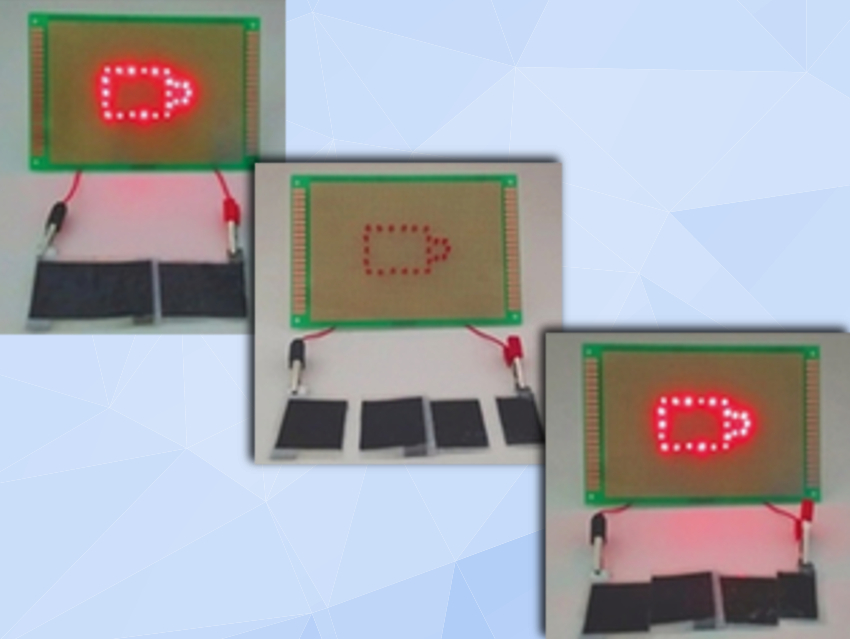Rechargeable zinc-ion batteries (ZIBs) can be damaged and even break when they are subjected to large deformations. As a result, their performance is significantly reduced.
To overcome this issue, Zhiqiang Niu and colleagues, Nankai University, Tianjin, China, have developed a self-healing hydrogel electrolyte. The electrolyte is composed of poly(vinyl alcohol) and zinc trifluoromethanesulfonate (PVA/Zn(CF3SO3)2) and prepared via a freeze-thaw strategy: An aqueous solution of PVA and Zn(CF3SO3)2 is frozen at –18 °C for 15 h and subsequently thawed at room temperature.
During the freezing/thawing process, the crystallization of PVA is enhanced. The resulting crystalline microdomains can serve as cross‐links to give a porous network structure. Poly(vinyl alcohol) (PVA)‐based hydrogels prepared under appropriate conditions can self‐heal due to to a large number of hydroxy side groups, which form hydrogen bonds and repair the gel. Self-healing ZIBs were assembled by integrating the anode, cathode, and a separator into the hydrogel electrolyte matrix.
The ZIBs can heal autonomously (pictured) without the need for any external stimulus. They recover their electrochemical performance completely even after several cutting/healing cycles. In this way, the durability of ZIBs could be significantly improved, their lifetime extended, and electronic waste and costs reduced.
- A Self-Healing Integrated All-in-One Zinc-Ion Battery,
Shuo Huang, Fang Wan, Songshan Bi, Jiacai Zhu, Zhiqiang Niu, Jun Chen,
Angew. Chem. Int. Ed. 2019.
https://doi.org/10.1002/anie.201814653



